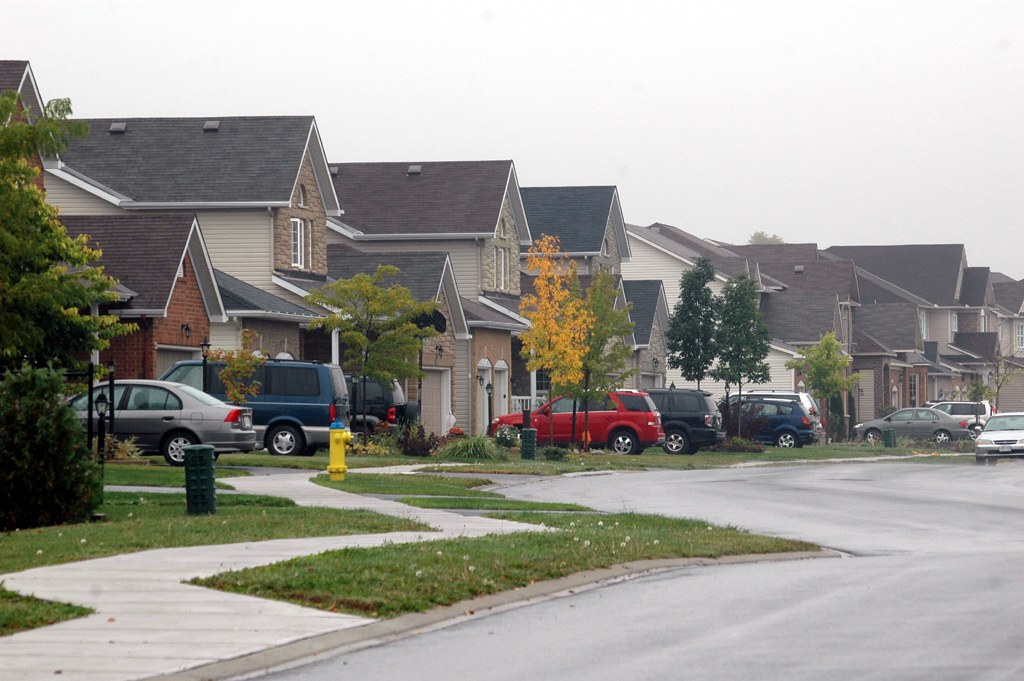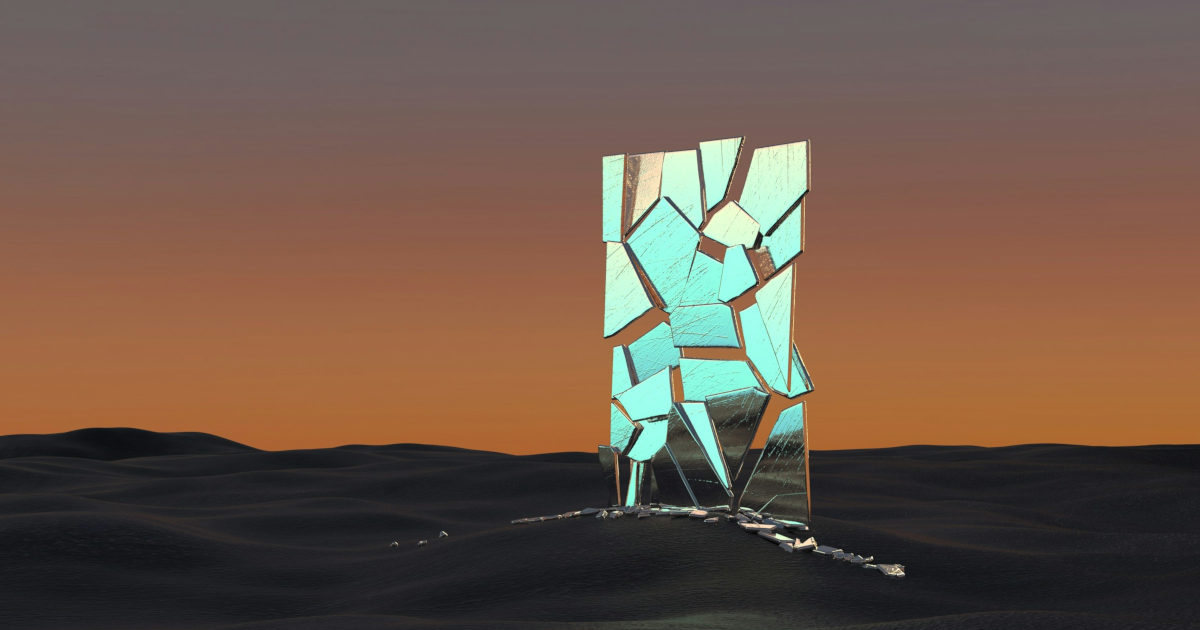In the Middle or at the Margins
“The human race is a monotonous affair. Most people spend the greatest part of their time working in order to live, and what little freedom remains so fills them with fear that they seek out any and every means to be rid of it.”
Goethe describes well the experience of people who are trying to find meaning while living in the middle.

People either feel bored because each day looks pretty much the same, or they feel terrified because they don’t know how to fill the void freedom presents or face the void death presents.
Let’s start with what I mean by “the middle.” Technically, it means living within 2 standard deviations of the mean under the bell curve—a life that is largely similar to 95% of the population. Practically, it means a conventional life that probably entails a 9-5 job (or 8-6 or 7-7 or 11-11) with a recognizable and predictable career path—lots of safety, security, and relative certainty.
Living at the margins means leading an unconventional life that usually results in feeling like an outsider. People living at the margins have to get comfortable with a lack of safety, security, and certainty. They are typically ignored, rejected, maligned, or killed because their ideas threaten the status quo or traditional beliefs. These rare people are the ones who question authority, challenge assumptions, and mercilessly destroy strongly held beliefs about the world and about humankind. They are also the ones that create disruptive change for better or for worse.
I am not suggesting that finding meaning is impossible in the middle. I’m just saying that the pull toward “normalcy” is stronger there. No matter where we live—in the middle or at the margins—it is still our sole responsibility to find meaning—it is not pre-determined.
Viktor Frankl, the author of Man’s Search for Meaning, challenges us to always look for possibilities against the backdrop of reality.
If Viktor Frankl can say that as a Holocaust survivor, our trivial excuses for giving up the search are pretty pathetic.

If we are living in the middle, we need to come to grips with these risk factors for a meaningful life:
- Beliefs: Religious belief systems encourage us to give up our individual identify for the identity of the collective. The same is true of political ideology or nationalism.
- Language: We are bombarded with words to describe reality, when the universe does not require pedantic explanation. Wittgenstein understood this best when he exposed the limits of language to describe any esoteric experience.
- Expectations: We think the universe should conform to our expectations, when it is under no obligation to do so. The formula for unhappiness is to hold onto expectations that have no connection to reality. Seeking possibilities and holding onto expectations are two different phenomena.
- Culture: Civilization is littered with 6,000 years of myth, superstition, and dogma. The norms and values that shape our beliefs and behaviors exert a strong influence on how we find meaning.
- Rules: Playing by the rules increases our comfort zone, but comfort and growth don’t co-exist. Rules, though necessary for an orderly world, tend to restrict us to an ordinary life. Restrictions limit what may be possible in our lives. It’s like trying to create a symphony on one scale of the piano or only being able to color within the lines.
If we are living in the middle or at the margins, we need to reflect on these questions:
- How do I seek knowledge without prejudice and see my path as a journey? Finding meaning may mean suspending judgments and opening to ideas I never considered before. Staying open to possibilities.
- How do I focus on soul first and personality second? Meaning is rarely found in appearance, personality, or material possession. It is found in the essence. It’s staying committed to the spirit instead of the letter.
- How do I stay open to feelings? There is more richness and depth in feelings than in intellectual constructs. We can’t intellectualize our way to meaning. In fact, our thoughts can be the biggest barrier to getting at something higher and deeper.
- How do I find meaning when bad things happen for no apparent reason? Contrary to pithy reassurances and vacuous sentimentality, there isn’t a reason for everything. Sometimes, we have to dig hard for meaning.
- How do I keep ever-present the perspective that life is limited and precious? Our mortality needs to sit on our shoulder and whisper in our ear: Now! Now!
- How do I find joy? Where do I find joy? What’s keeping me from being more joyful? These are the questions that will move us to do more, see more, and be more.

Meaning is measured in moments.
The top 5% of earners may possess 70% of the wealth, but they don’t have a claim on meaning. And I strongly suspect that those 5 percent folks may be missing out on what is profoundly important and meaningful in life. When my 2 year old grand-daughter falls asleep on my chest for an hour, that is a moment to be treasured not an hour lost to pile up more money.
The challenge of living in the middle is to avoid getting caught in the flow, whatever that flow may be.
It could be workaholism, alcoholism, militarism, or materialism. It doesn’t really matter. It’s just another “ism” to put us to sleep and to lose track of what’s most meaningful.
The challenge of living in the margins is to sustain the courage, commitment, and confidence it requires to continue the search.
It’s lonely on the margins and you are more likely to be punished for a different path than rewarded and celebrated for it. It’s scary on the margins and you are always going to feel pressure to pull back and find every means, as Goethe say, to get rid of it. Fear chases freedom. The question is, can we welcome it instead of run away from it?
I believe we are more likely to find meaning at the margins than in the middle.
It’s not the safest path, but it’s the one that will provide enough shocks to our system that we might wake up and dig deeper. Clearly, there are multiple ways to find meaning in the middle. I just believe that safety can be hazardous to your health because of the risk factors I discussed above. Whether you are searching for meaning from the margins or the middle, the questions and risk factors still apply. Happy searching.
I would love to hear your comments.
Also published on Medium.



[…] the big question is, why do humans take more than they need? Why do we desire more than we need? Why do I choose to take another gig in a global corporation when I could be searching for another […]
[…] occurred to me, however, that happiness is different than spirit. Happiness is defined as a mental or emotional state of well-being manifested by positive feelings ranging […]